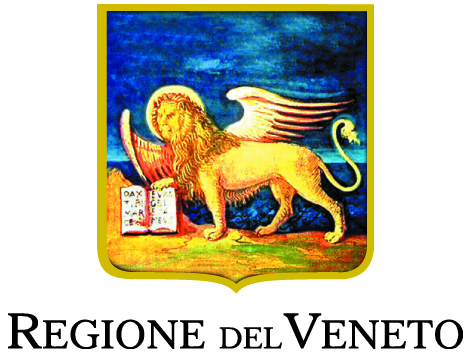Graduate School: Arts and Humanities
PhD programme: Philology, Literature, and Performance Studies
Application Deadline: 16 April 2018
Start Date: 1st October 2018
Duration: 36 months
The celebrations devoted to Dante’s anniversaries (2015-2021), who chose Verona as one of his preferred places of residence (1303-1304 and 1312-1320), give us the unique opportunity to investigate his life, works and thought more deeply than in the past.
Research proposals should fall under one of the following five lines of research:
- Dante and the forms of Middle Age Vernacular poetry
Both in his early poems and in the Commedia, Dante ably conveyed a selection of the earlier lyric poetry in Romance languages (Tuscan, Old French, Provençal). This debt is at times declared and at others carefully hidden between the lines of his masterpieces. A close analysis of their formal and metrical characteristics could have relevant surprises in store.
- Dante and his library: Classical and Medieval tradition
Dante’s poetry is a very complex structure made up by the different sources which he had the opportunity to study and memorize during his turbulent life. Through a careful reading of his texts, we have the chance to recognize Classical and Medieval authors he might have consulted and exploited, and libraries he might have visited both in Florence and during his exile.
- Medieval Latin in Dante: prose and poetry
Dante’s Latin works are often neglected in favour of his Vernacular poems. However, his Latin letters, treatises and poems display a close acquaintance with rhetorical tools and writing strategies. A reconsideration of lexicographical, morphologic and syntactic issues as well as his use of the cursus could lead to substantial outputs.
- Dante and the birth of the Italian Language
Years ago, Tullio De Mauro sketched an important portrait of Dante’s vernacular, showing just how appropriate it is to label Dante ‘the father of Italian language’. New research tools allow us to improve and enhance this pioneering research on the lexical, morphological and syntactic aspects of Dante’s work, for an improved understanding of how Dante led the birth of the Italian language.
- Dante and his heritage in Western cultural tradition
Dante’s reception was not limited to the territories of Italy. He was consistently studied and admired in Germany (e.g. by August and Friedrich Schlegel, Schelling and Hegel), France (e.g. by Stendhal, Dumas and Balzac, the latter of which entitled his own masterpiece La Comédie Humaine and, borrowing from Dante’s alleged travel to Paris, wrote Les Proscrits), as well as in the United Kingdom (he became one of the most acclaimed authors, appreciated by Milton, Wordsworth, Coleridge, Byron, Shelley and Keats). His celebrity also reached the USA early on, where he was studied, imitated and translated by authors like Da Ponte, Emerson, Longfellow, Pound and Eliot. This international reception is a wide research field which could be profitably investigated by foreign PhD students working in Italy.
INFO For further information about the above-mentioned research topics, please contact Prof. Paolo Pellegrini (paolo.pellegrini@univr.it) and Prof. Raffaella Bertazzoli (raffaella.bertazzoli@univr.it).
FOR ADMINISTRATIVE ISSUES (like application procedure, eligibility criteria, documents to be prepared), please email phd.invite@ateneo.univr.it.



